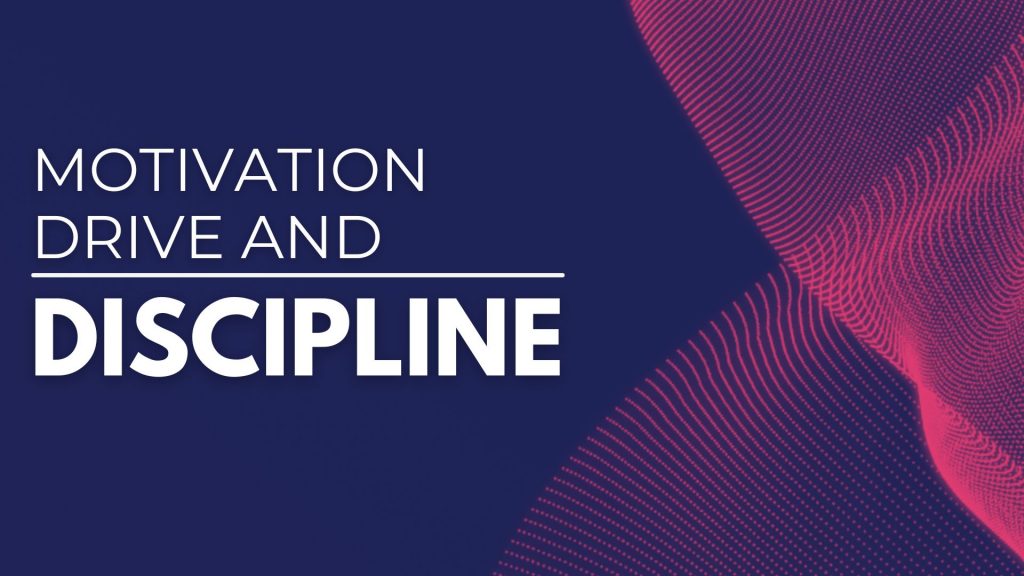
Just seeing my laptop made me ill. Like, stomach clenched, could dry-heave-at-any-moment ill. I fought through it. I forced myself to sit down, and I forced myself to log in.
That’s when the rationalization started.
I really should check my email before I get started.
Oh, actually, I also really need to follow up on the JIRA ticket
Then there’s that playtest. I really should get that set up. We got that new ability system in and we really need feedback
All of it was true – Well, mostly. If I was being honest with myself, and at the moment I wasn’t, the email could wait.
Those rationalizations were simply my brain trying to keep me from doing the work I really needed to be doing. Leaving me with nothing but my force of will to get things started and make progress.
I’m sure we’ve all had moments like this, faced with a task (or an unending list of tasks) we know… know we need to do. Tasks that provide true value to the project, team, or organization – yet, in the moment, we seriously consider what length of our duodenum we’d be willing to sacrifice to avoid it.
So how do we persevere? Discipline is the answer I usually get, particularly from high performers. And it’s correct – but incomplete.
In reality, it’s the interplay of Motivation, Drive, and Discipline that gets us to sit down and do the hard work – do the heavy lifting that truly pushes things forward – in all areas of our lives.
A Look at Motivation, Drive, and Discipline
What’s the Difference?
So, what really is the difference between Motivation, Drive, and Discipline? And how does all that relate to productivity? Perhaps even more pertinent, how do you use them to get more done?
Let’s start at the top – with Drive. Drive is formed by your inner “why” – It’s the innate desire, particularly in high performers, to create & execute.
It also forms the foundation of your productivity and provides you with an anchor when you’re feeling overwhelmed.
Next is Motivation – Motivation is powerful but fleeting. Its spark can ignite a flurry of productivity, but unfortunately, won’t sustain it.
I’ve found motivation is guided by drive, but fueled by both emotion and action.
Last is Discipline. The counterpart to Drive. When cultivated, it’s the means by which you keep going and keep achieving. It’s industrial machinery of productivity – and, like any machine – it needs to be maintained.
About Motivation, Drive, and Discipline
And Their Role In Your Productivity
So what role do Motivation, Drive, and Discipline play in keeping you productive?
The Role of Drive
Drive is the foundation. For high performers, it’s tied to the desire (some might say need) to achieve, grow, and learn. It crosses over from just “work” – Drive is tied to ambition, it’s tied to growth & development, and at its core, it provides the focus that propels accomplishment.
The Role of Motivation
As expected, Motivation’s role is very different than Drive.
Motivation is the spark to create, grow, achieve, and accomplish. It’s a high-powered explosion that serves to start motion and momentum. It provides the means to go from inaction to action. While Motivation is often fleeting, we cannot discount its role in kickstarting any endeavor.
The Role of Discipline
Lastly, let’s take a look at the role – and importance – of discipline
Discipline starts where Motivation stops – it’s the primary mechanism by which all long-term, valuable, and important work (or growth, change, or development) happens. It’s the system that turns Drive into results. It’s not as explosive as motivation, but it’s consistent and persistent.
While Discipline is challenging – even painful – to cultivate, it’s one of the primary determinants of success.
A Final Word
Drive, Motivation, and Discipline are all interconnected and important to shipping your game. All are necessary and all have a role.
Inspiration is the fuel, motivation is the spark, and discipline is the machinery. It’s important to build a foundation and environment that support inspiration and motivation, but it’s critical to work on and build your discipline. Of all three of these factors, discipline is the one that’s directly in your control, and the one that’s directly responsible for demonstrable progress on any project you undertake.
For indie game dev, it means the discipline to open up your editor when you don’t want to. To clean up the code for an existing ability, even though you’d really prefer to work on a new one. To keep moving forward on your current title, rather than shelving it for a shiny new idea.
You absolutely need Inspiration and Motivation to fuel and drive your discipline, but discipline is what ships games.
